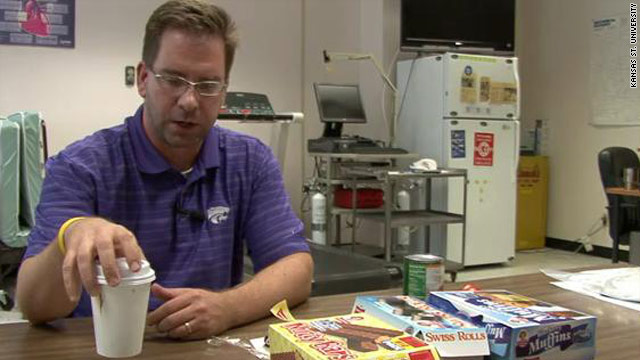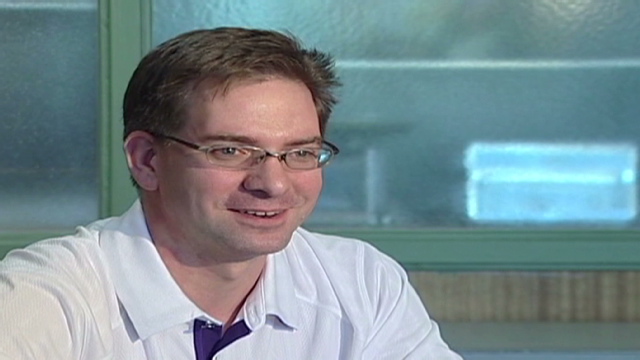- 1,256
- 11
- Joined
- Feb 19, 2004
Breakfast: Don't usually eat breakfast, maybe half the days I'll manage to eat a banana. 100 calories
Lunch: A bit of rice, some veggies, some soupish thing, and something meat based. 500-600 calories
Dinner: Medium pizza from Dominos. 1000 calories
Total calories come out to less than 1800 per day. What is flawed with this diet? Will I lose weight with this diet? Please don't respond with you should eat six meals a day etc etc. I understand WHAT to do to theoretically be a healthy person. However, most studies etc that I have read seem to say that all that is of secondary important to how many calories you consume. I understand there is a difference between being skinny and being in really good shape. However, having fat is a huge starting obstacle for a lot of people and making big changes such as exercising frequently is a bit hard to do at first. I rarely exercise these days except maybe about a mile and half worth of walking over the course of a day (stairs + 10 minute walk each way to work). Just curios to what the knowledgeable health people think about it..
Lunch: A bit of rice, some veggies, some soupish thing, and something meat based. 500-600 calories
Dinner: Medium pizza from Dominos. 1000 calories
Total calories come out to less than 1800 per day. What is flawed with this diet? Will I lose weight with this diet? Please don't respond with you should eat six meals a day etc etc. I understand WHAT to do to theoretically be a healthy person. However, most studies etc that I have read seem to say that all that is of secondary important to how many calories you consume. I understand there is a difference between being skinny and being in really good shape. However, having fat is a huge starting obstacle for a lot of people and making big changes such as exercising frequently is a bit hard to do at first. I rarely exercise these days except maybe about a mile and half worth of walking over the course of a day (stairs + 10 minute walk each way to work). Just curios to what the knowledgeable health people think about it..




